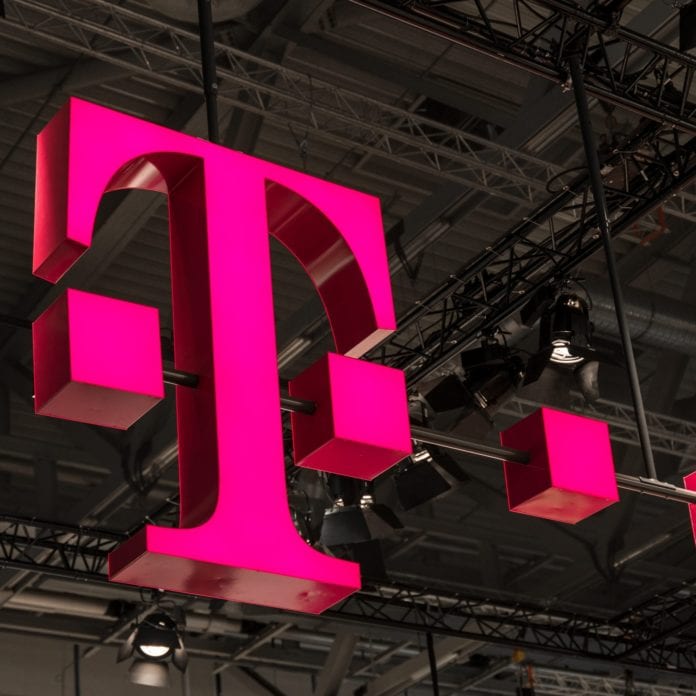Deutsche Telekom noted that the partnership aims to make AI a practical tool for businesses, public institutions, and organizations
In sum – what you need to know:
AI infrastructure hub – Deutsche Telekom has joined IPAI to support the development of scalable, secure, and ethical AI infrastructure across Europe.
Cross-sector collaboration – IPAI brings together over 70 companies, academic institutions, and public bodies to foster applied AI innovation, with a new 30-hectare campus set to open by year-end.
Enterprise AI adoption – Deutsche Telekom is embedding AI into its operations and partnering with industry leaders to deliver practical AI solutions for business and public sector clients.
German carrier Deutsche Telekom is deepening its commitment to European AI development by joining the IPAI (Innovation Park Artificial Intelligence) in Heilbronn, Germany.
In a release, the European telco noted that the partnership aims to make artificial intelligence a practical tool for businesses, public institutions, and organizations.
“AI only delivers on its promise when we apply it collectively and effectively,” said Klaus Werner, director of business customers at Telekom Deutschland. “Europe must act now to secure its position in AI. That’s why initiatives like IPAI are so important: they empower Germany and Europe to strengthen digital sovereignty and innovation,” the executive added.
“Deutsche Telekom brings a comprehensive view of digitalization—from infrastructure to specific use cases,” said IPAI chief executive Moritz Gräter. “Our platform thrives on collaboration, knowledge exchange, and the creation of practical solutions. We’re pleased Deutsche Telekom shares our mission to move AI from concept to implementation,” the executive said.
As a growing European center for applied AI, IPAI connects businesses, academia, government bodies, and startups to create reliable, scalable AI solutions.
IPAI is a key initiative supported by the state of Baden-Württemberg, aiming to establish a leading European AI ecosystem. More than 70 organizations are already contributing to this AI-oriented project. By the end of the year, a 30-hectare AI campus will open, featuring labs, data centers, and collaborative workspaces for over 5,000 people. The campus will focus on ethical, sustainable, and human-centered AI aligned with European values.
Deutsche Telekom also said it is actively developing solutions in partnership with key players in the AI field, serving both consumer and enterprise markets. AI is also increasingly embedded within Deutsche Telekom’s own operations.
Earlier this year, the German carrier unveiled its AI Phone as part of the company’s move to put artificial intelligence (AI) at the forefront of its strategy.
During MWC 2025, Deutsche Telekom highlighted that its AI Phone is chiefly designed to simplify everyday activities, with users having access to a virtual assistant that can handle tasks such as booking taxis, making reservations, translating languages in real time, shopping and drafting emails—eliminating the need to switch between multiple apps.
The AI assistant is powered by Perplexity. Additional AI tools from Google Cloud AI, ElevenLabs, and Picsart will also be integrated. The AI Phone is set for release in the second half of 2025, the European operator said.
During MWC 2025, Deutsche Telekom also showcased more than 30 AI-powered solutions for enterprises, government agencies, and smart cities. One example is the development of an AI chatbot for the judicial system, designed to streamline legal document searches and analysis, making court proceedings more efficient.
The German operator is also harnessing AI to optimize network performance in real time. Through a partnership with Google Cloud, the company is developing “RAN Guardian Agent,” an AI-powered assistant built on Gemini 2.0 that can analyze network behavior, detect anomalies and implement self-healing measures.
This system will enhance mobile performance, particularly in high-demand scenarios such as concerts, sports events and traffic congestion, according to the German carrier.

